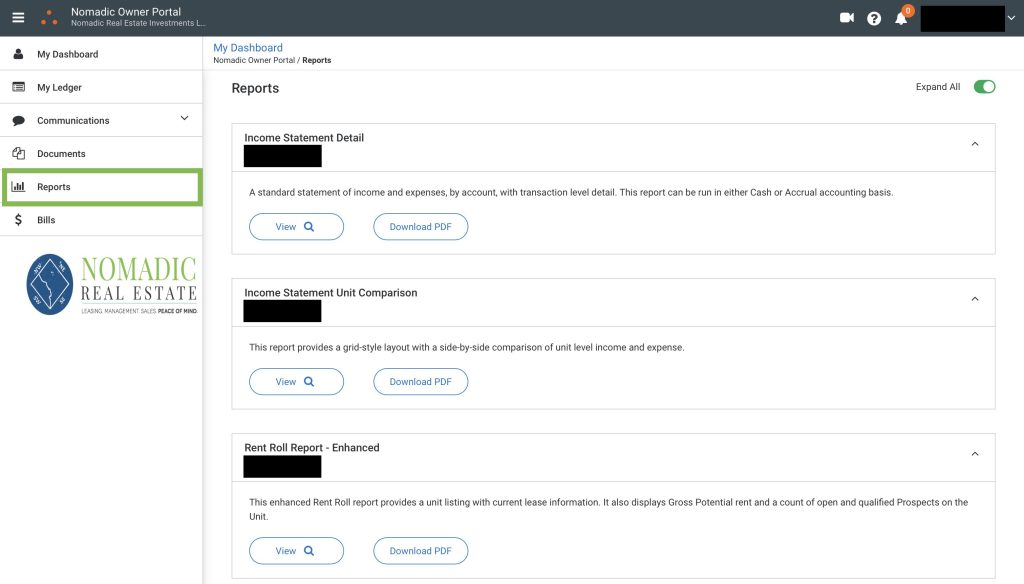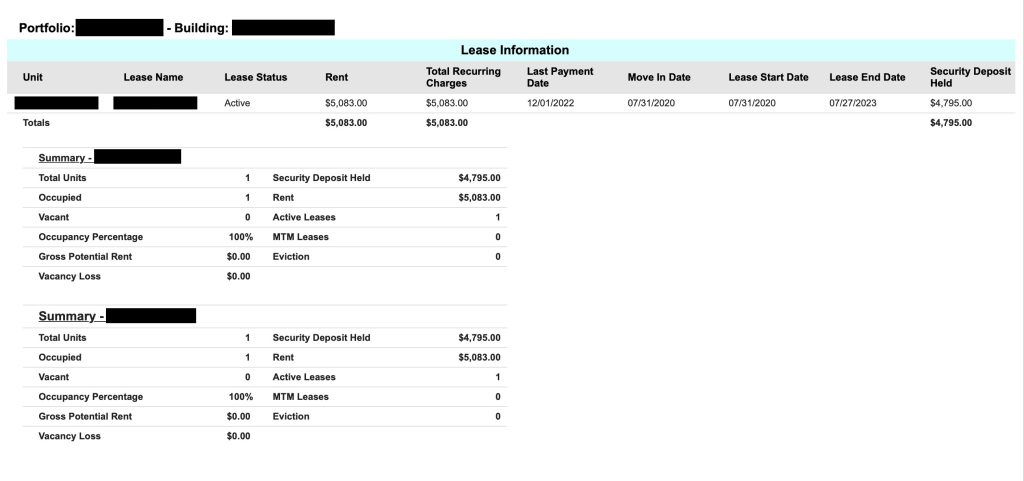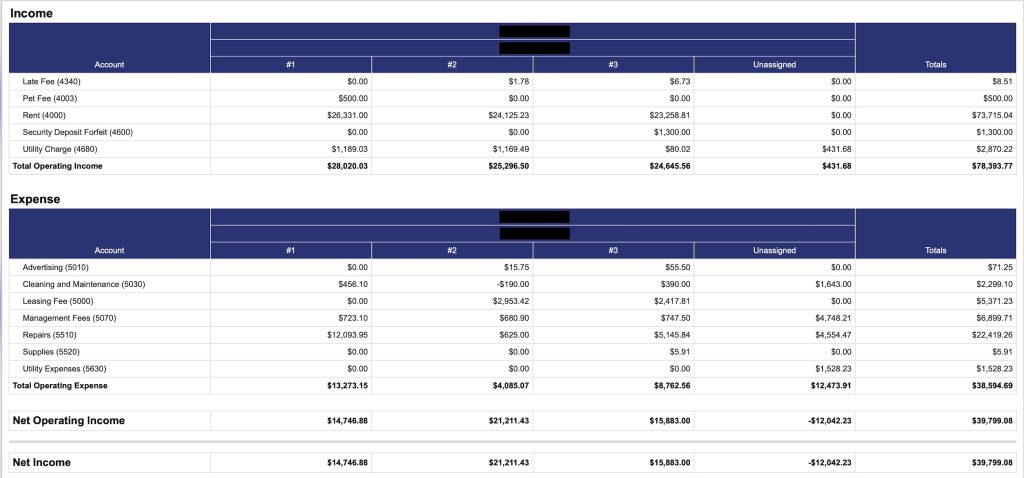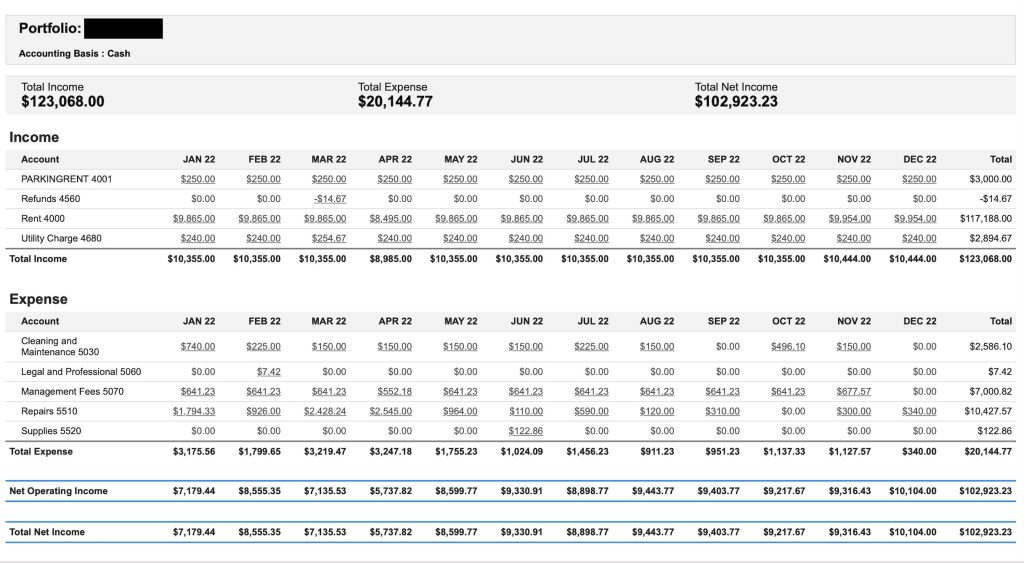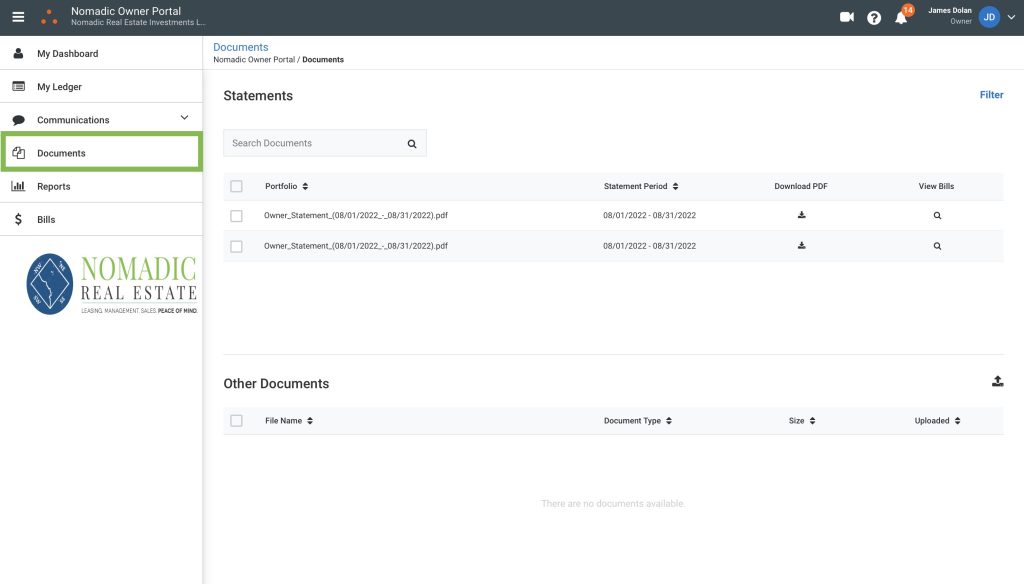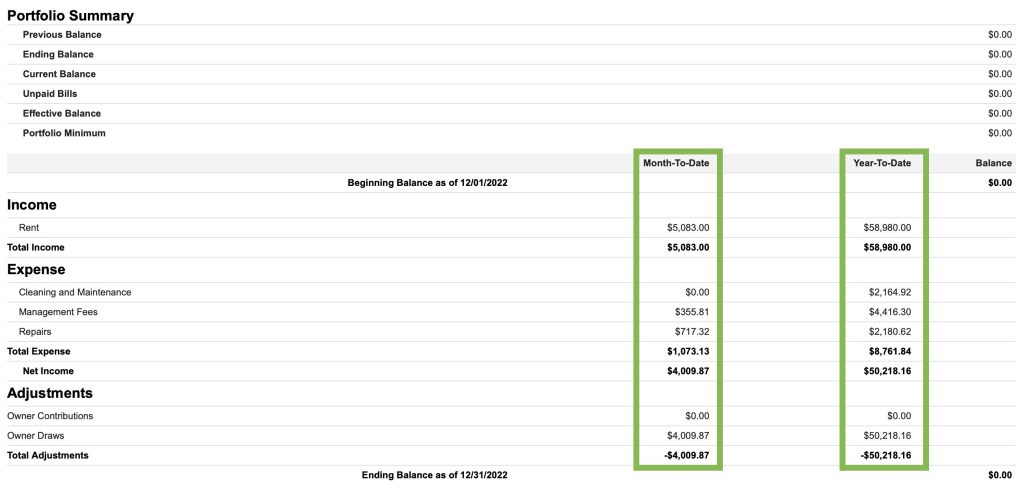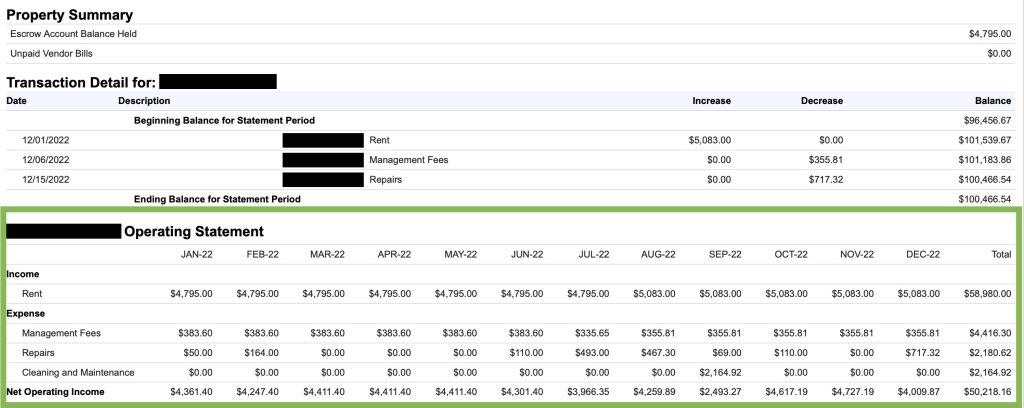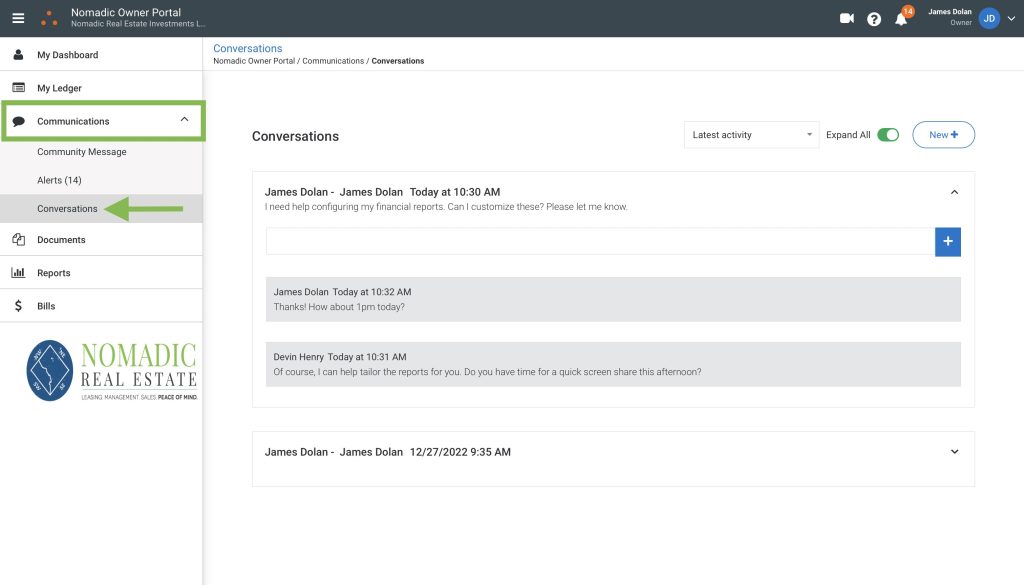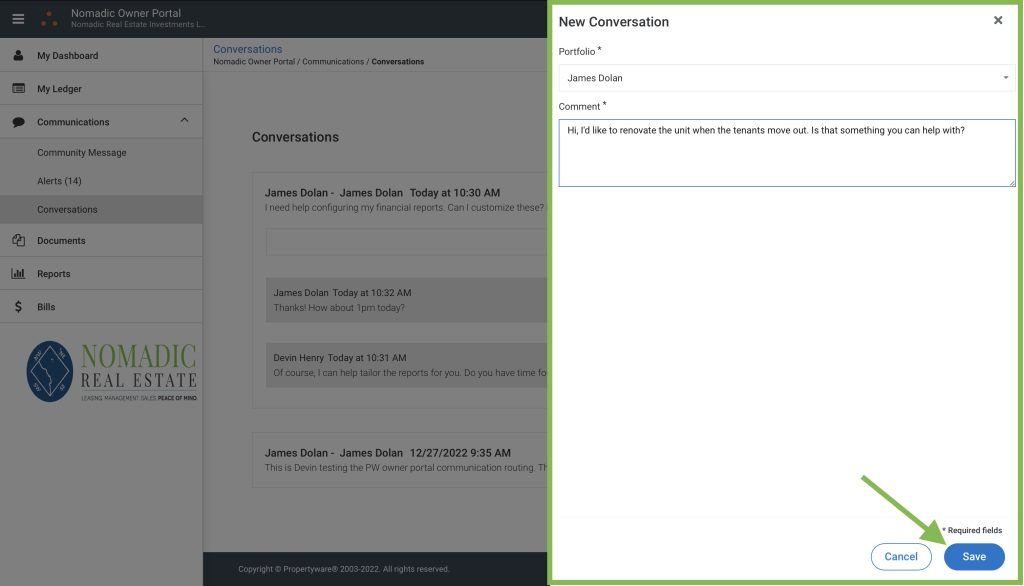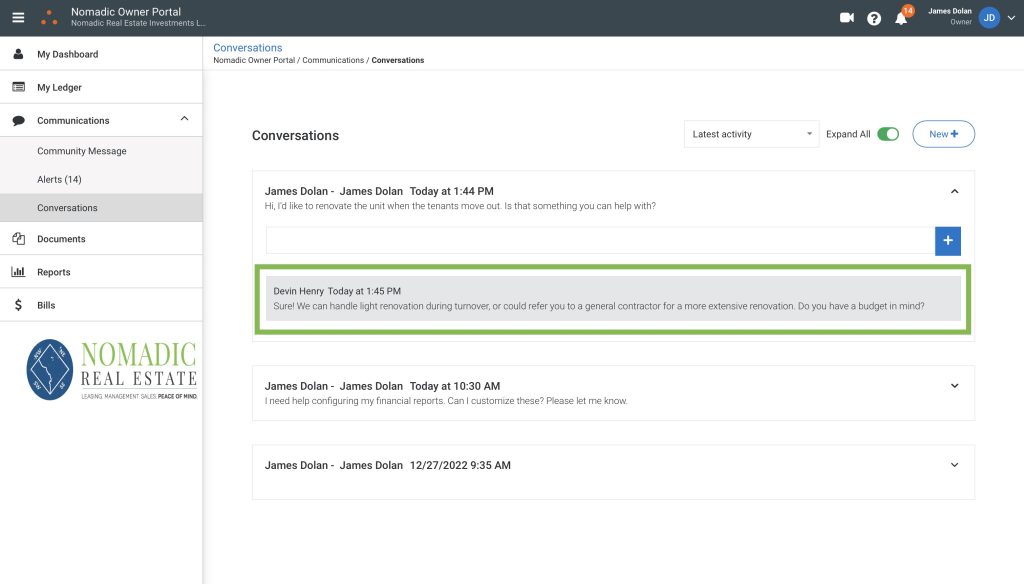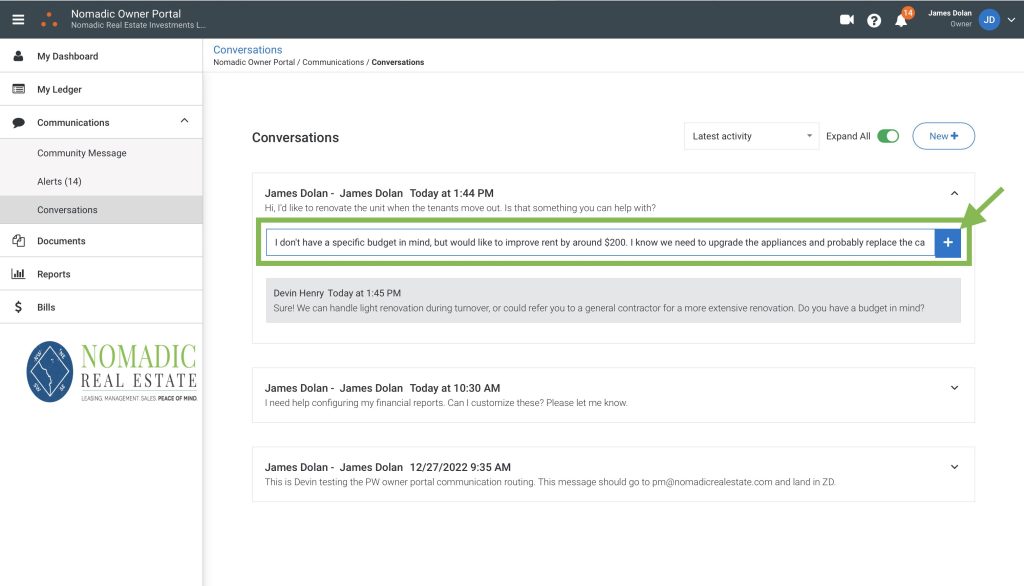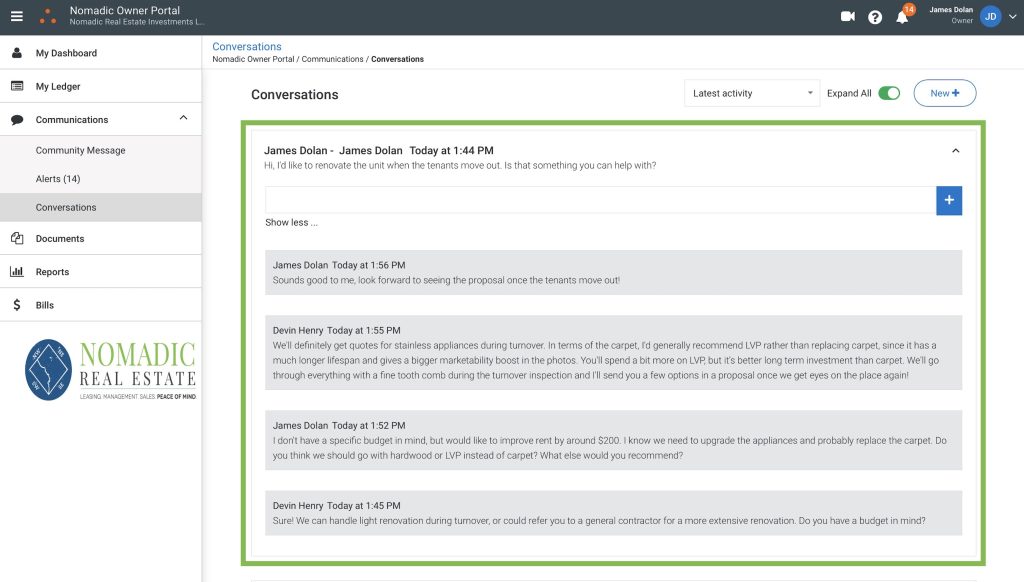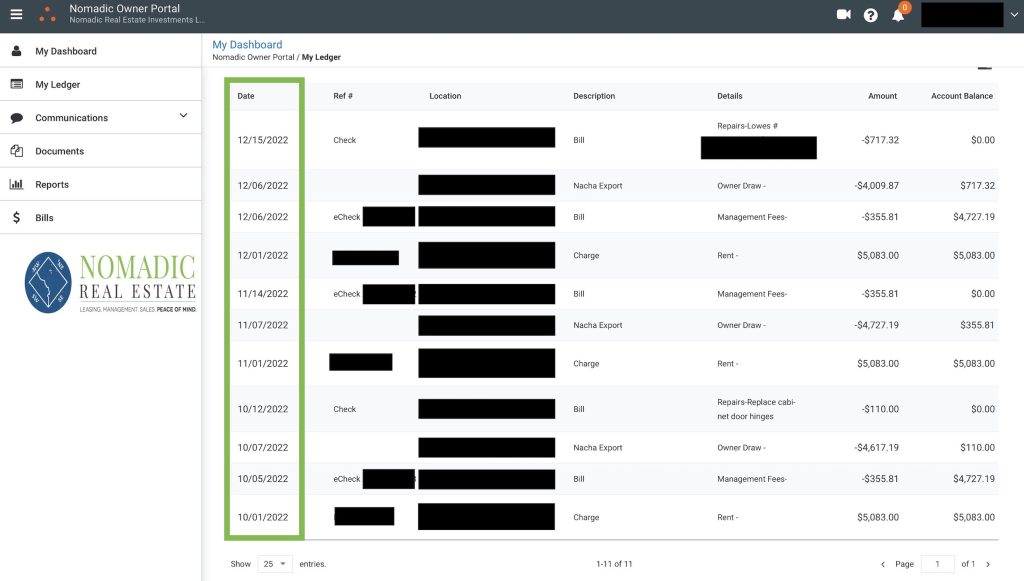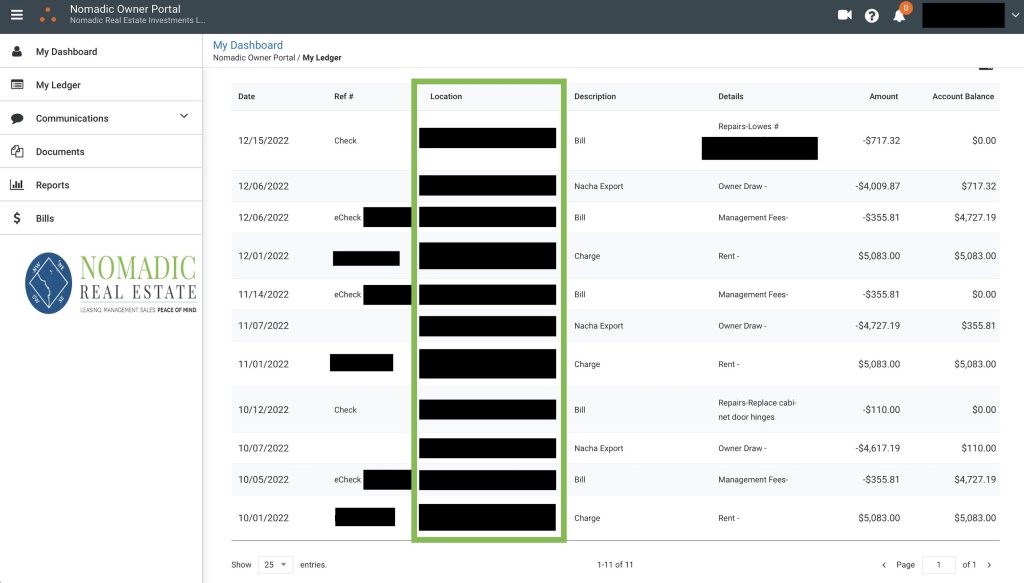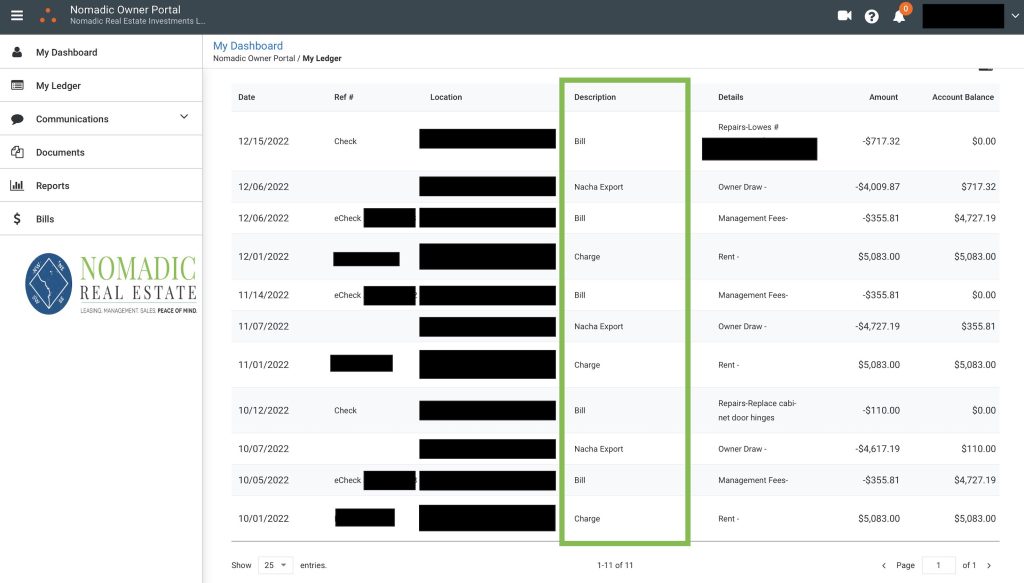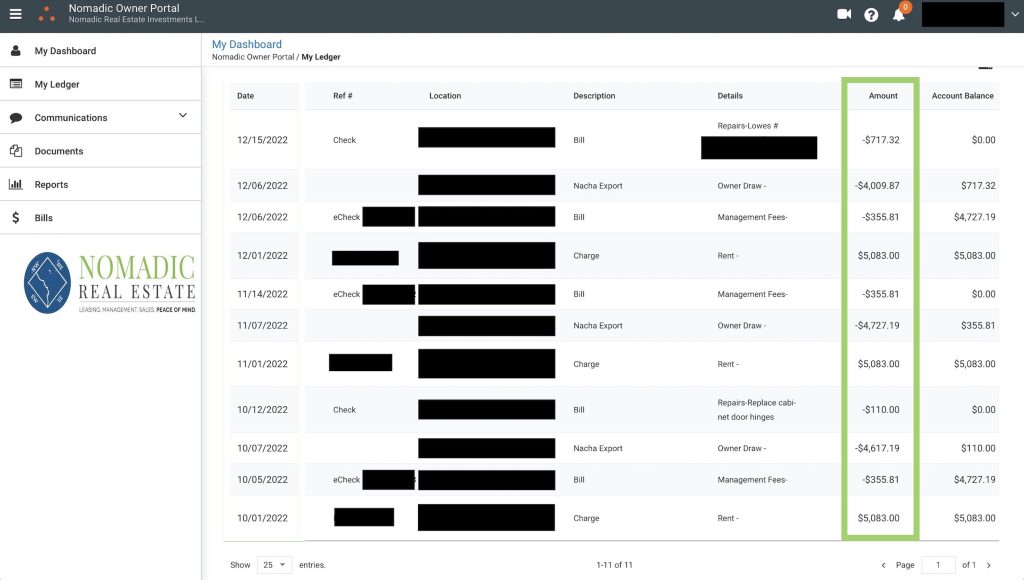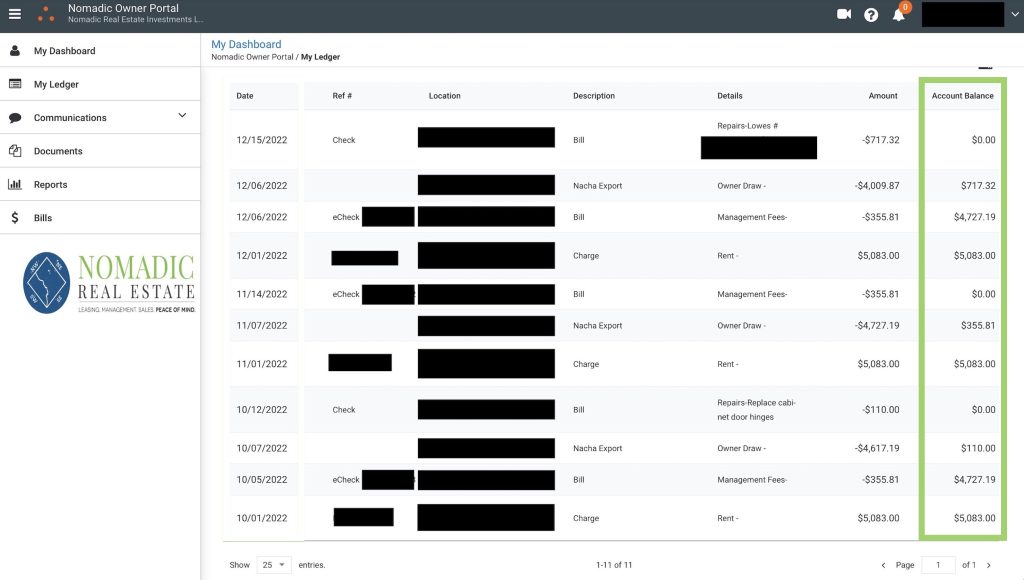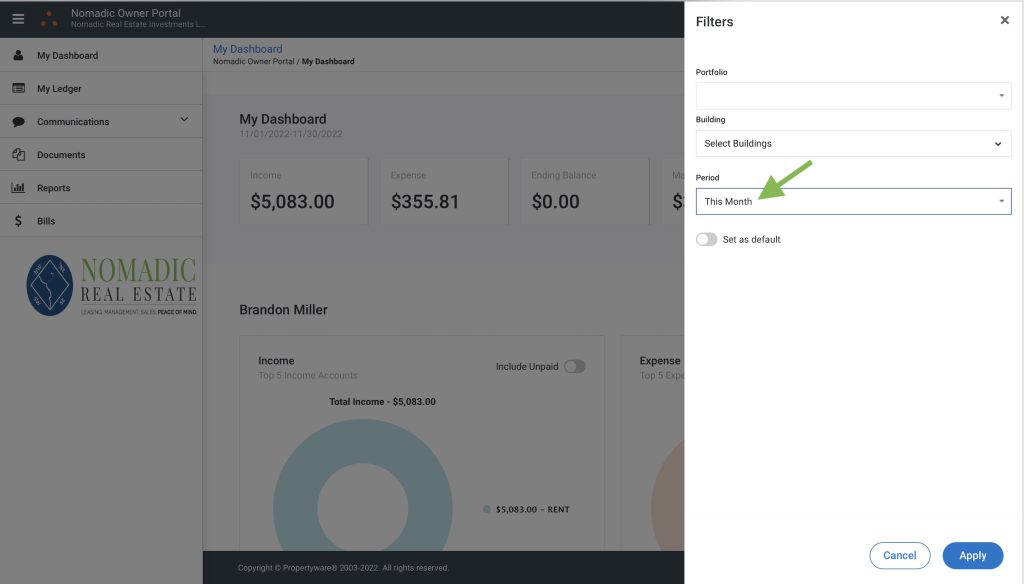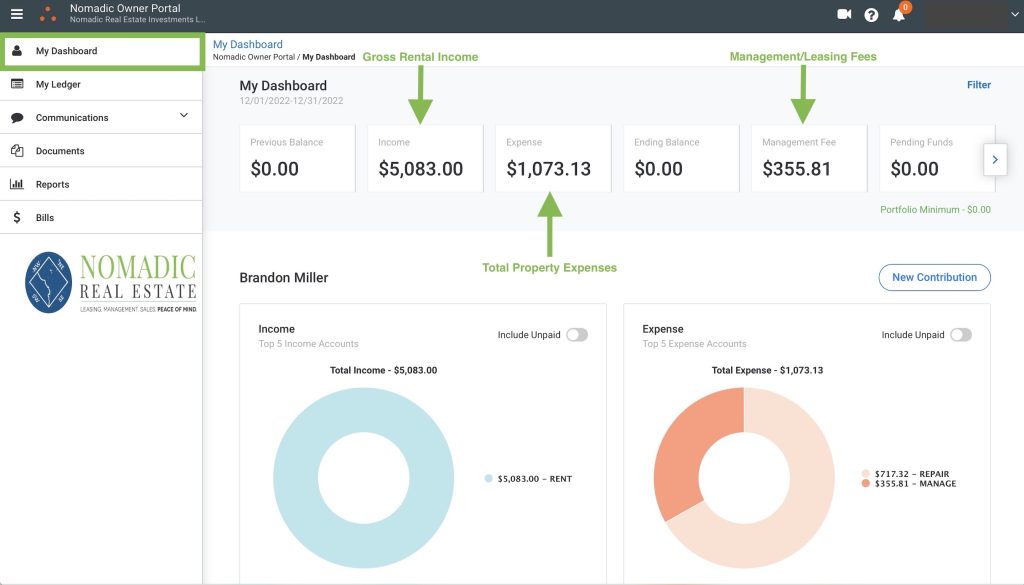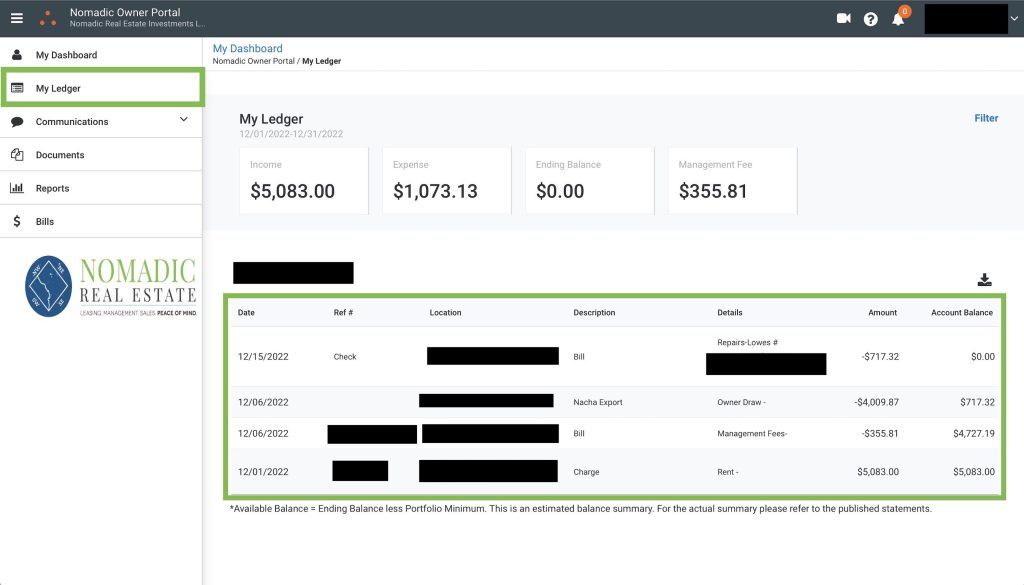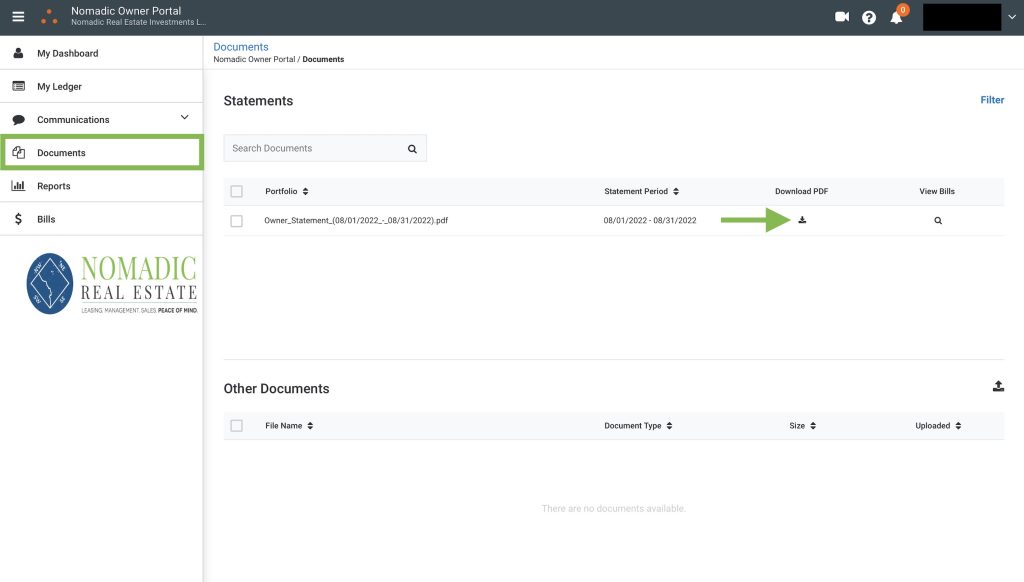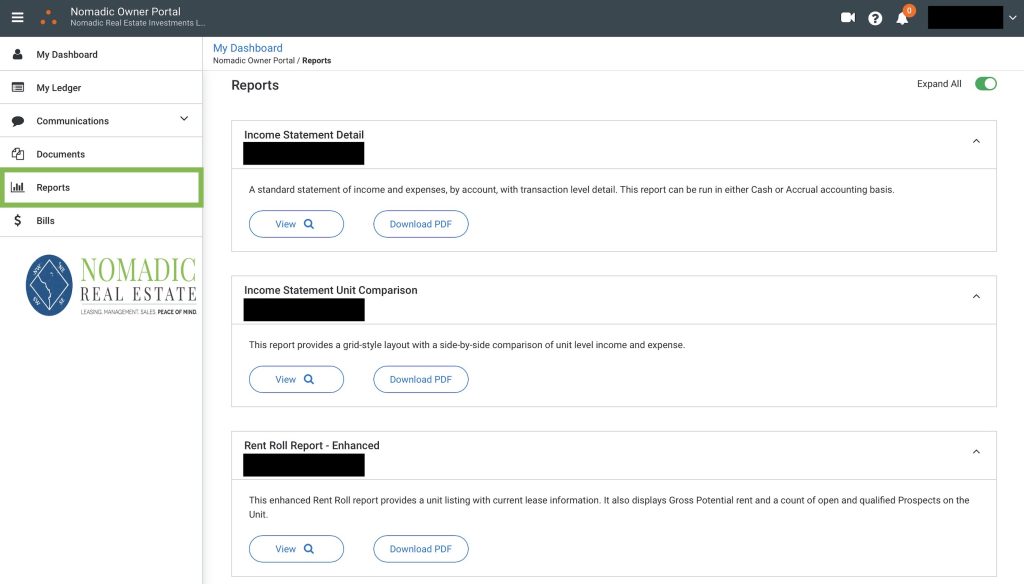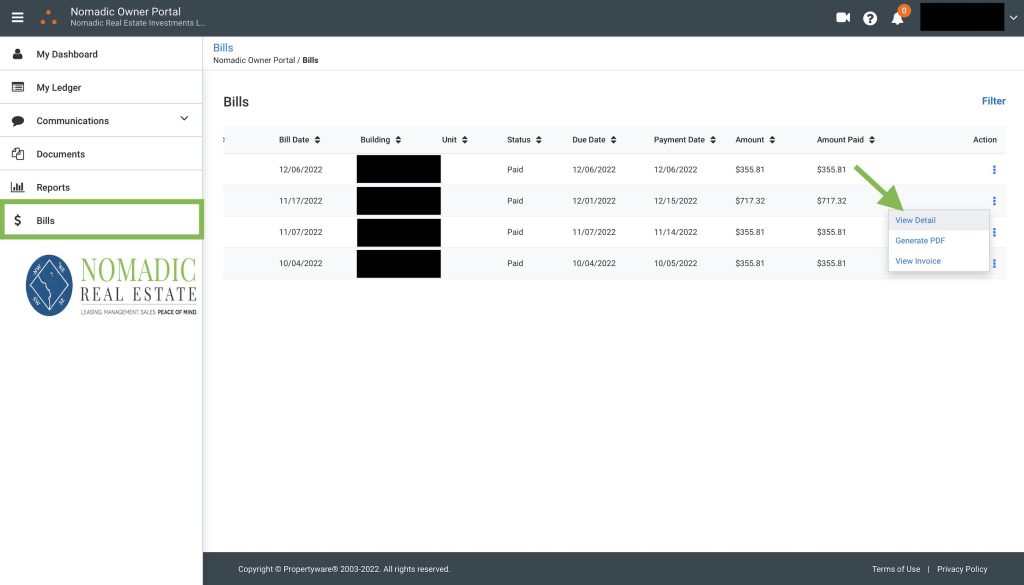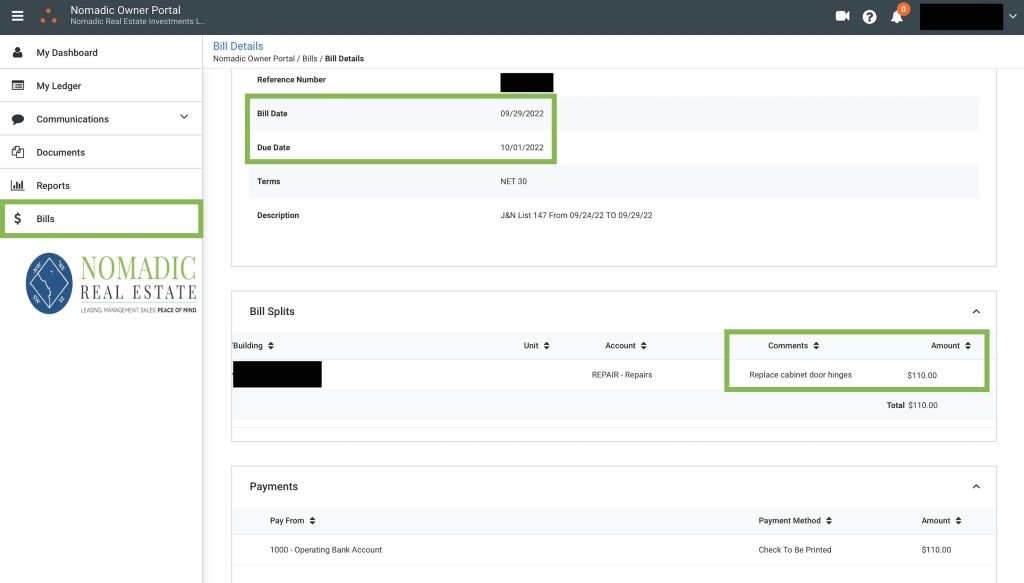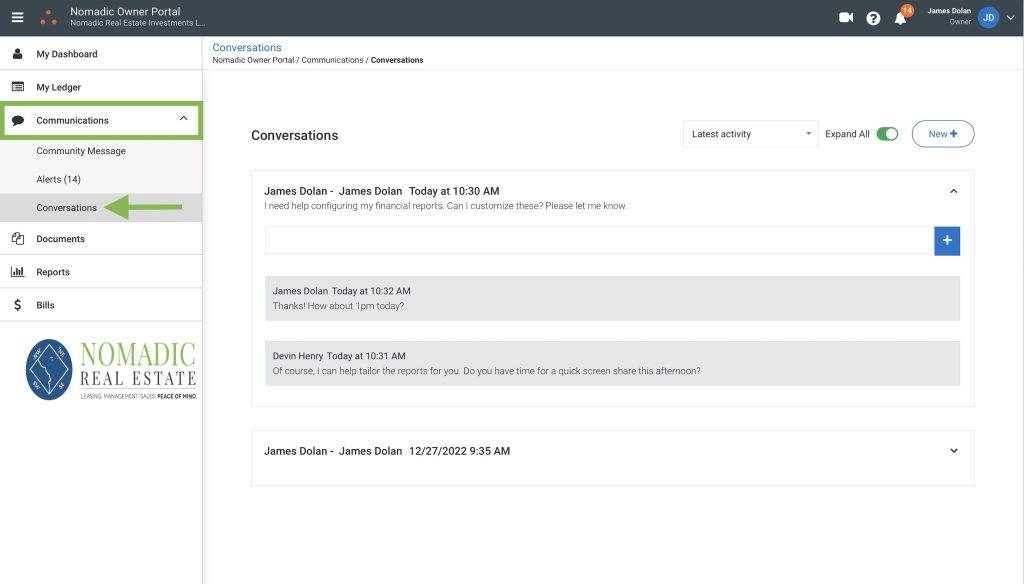
Owning a rental property often means dealing with different entities that ensure the upkeep and management of both the property itself and the surrounding community. Two such entities are Homeowners Associations (HOAs) and property management companies. While they serve different functions, their roles often overlap in ways that can sometimes be confusing. As a property owner, knowing the difference between the two is key to avoiding conflicts and maintaining a smooth operation of your rental property.
A property manager can be instrumental in maximizing your rental’s potential. However, in communities governed by an HOA, the property manager needs to understand and comply with all HOA rules and guidelines to ensure tenants are adhering to community standards. This coordination between HOA rules and property management can significantly impact the success of your rental property.
For expert help in navigating these complexities, our property management services ensure that your property and tenants are compliant while maximizing profitability.
Let’s delve deeper into the seven main differences between an HOA and property management and how these roles can work together.
1. HOAs Make the Rules for the Entire Community
At the heart of an HOA is its role as the rule-making entity of a community. An HOA establishes and enforces the Covenants, Conditions, and Restrictions (CC&Rs) that every homeowner must follow. These rules aim to maintain a certain standard of living, ensuring that all properties adhere to a consistent appearance and that homeowners and renters follow the agreed-upon community standards.
HOA rules can regulate a variety of aspects, including but not limited to:
•Exterior maintenance: Rules may dictate how often a property’s landscaping must be maintained, which plants or types of grass are allowed, and even how long grass can be before it must be mowed.
•Aesthetics: From approved house paint colors to restrictions on visible decorations, the HOA may have specific requirements to keep properties visually harmonious.
•Noise and pets: HOAs often regulate noise levels, especially during nighttime hours, and have rules about the type and number of pets allowed.
•Common areas: Use of shared spaces such as swimming pools, parks, and walking trails also falls under the HOA’s jurisdiction.
Before you invest in a rental property within an HOA-governed community, it’s essential to fully understand the CC&Rs. Property managers must also be knowledgeable about these rules since they act as your representative and ensure tenants stay compliant.
2. HOAs Enforce the Rules with Legal Authority
HOAs have enforcement powers that property management companies simply do not possess. If a homeowner or tenant violates the community’s rules, the HOA has the right to issue fines, and in extreme cases, place a lien on the property. The penalties can range from minor fines to significant legal action, depending on the violation.
For instance, if a tenant fails to adhere to rules regarding parking or landscaping, the HOA can fine the property owner—not the tenant. This makes it vital to ensure that your property manager is actively monitoring tenant compliance with the HOA’s guidelines.
Unlike HOAs, property managers do not have the legal authority to place liens or initiate legal action over violations of community rules. However, a good property manager can integrate rule enforcement into rental agreements, holding tenants financially accountable through security deposits or rental increases for non-compliance.
By including penalties in the lease agreements, property managers gain the ability to enforce rules while protecting the property owner’s interests.
3. Property Managers Are Responsible for Individual Property Upkeep
While an HOA focuses on the community as a whole, property managers are focused on maintaining the individual property. Your property manager ensures the property is well-maintained, complies with landlord-tenant laws, and is financially profitable. Tasks like regular inspections, tenant maintenance requests, and handling emergencies fall squarely within the property manager’s domain.
For example, if a tenant’s water heater breaks or the HVAC system requires maintenance, it’s the property manager’s responsibility to ensure repairs are made in a timely manner. However, they have no jurisdiction over common areas like the pool or park—that’s the HOA’s responsibility.
This clear distinction highlights why it’s essential for property managers and HOAs to work together effectively. Property managers focus on your home’s compliance with landlord regulations, while the HOA ensures the community environment remains in line with its standards.
4. HOAs Don’t Manage Rental Properties—That’s the Property Manager’s Job
HOAs are not designed to manage individual properties, even though they establish rules for the overall community. Instead, they oversee the well-being of shared spaces and enforce compliance with community guidelines.
On the other hand, a property manager is the individual or firm you hire to handle the day-to-day operations of your rental. This includes:
•Screening tenants: Ensuring the tenants are responsible and suitable for the property and community.
•Handling maintenance issues: Coordinating repairs and regular upkeep of the property.
•Rent collection: Ensuring timely rent payments and following up on late payments.
•Tenant communication: Acting as a liaison between you and your tenants.
A property manager’s primary responsibility is to make sure your property remains profitable and compliant with local and state laws. HOAs, however, do not get involved in these individual property matters. This means that while an HOA might enforce rules about the appearance of your property, they are not responsible for tenant issues or rent collection.
5. Property Managers Protect Your Financial Interests
Your property manager should be invested in protecting your financial interests as a landlord. While HOAs are concerned with the overall aesthetic and functionality of the neighborhood, a property manager’s role is to ensure your investment property remains profitable and well-maintained. They do this by making sure:
•Tenants pay rent on time
•The property stays in good condition
•Issues like damage or tenant disputes are addressed quickly
Your financial success as a property owner is a property manager’s top priority. In contrast, the HOA focuses on protecting the collective interests of all homeowners within the community.
6. Property Managers Enforce HOA Rules, Too
A property manager’s responsibilities include ensuring tenants adhere to both the lease agreement and the HOA’s rules. This means integrating HOA fees and requirements into the rental agreement, which makes tenants aware of their obligations upfront.
For instance, if the HOA requires annual fees, the property manager will ensure these are factored into the monthly rent. They’ll also ensure that tenants understand any restrictions—such as parking rules, landscaping requirements, or pet policies—and take action if these rules are broken.
A property manager acts as the middleman between the HOA, the property owner, and the tenants, ensuring everyone complies with the rules.
7. Property Managers Are Your Rental Property Experts
Perhaps the most significant difference between a property manager and an HOA is that property managers are experts in rental properties. They understand market trends, optimal rental pricing, and how to keep your property occupied with quality tenants. They also have a firm grasp of landlord-tenant laws, ensuring you remain compliant while maximizing your rental income.
An experienced property manager can make your rental property more profitable by keeping vacancies low, addressing tenant concerns quickly, and ensuring your property remains in excellent condition.
HOAs vs. Property Management: Final Thoughts
To sum it up:
•HOAs govern the community as a whole, focusing on maintaining common areas and enforcing community-wide rules. They have the authority to impose fines and liens for rule violations.
•Property managers oversee individual properties, maintaining them in accordance with landlord-tenant laws and ensuring tenants adhere to HOA rules. They also handle tenant screening, rent collection, and maintenance.
Understanding these distinctions is vital to ensuring a smooth relationship between property owners, tenants, and the community. Contact Nomadic Real Estate, we specialize in navigating both property management and HOA requirements to help property owners maximize their investments.










